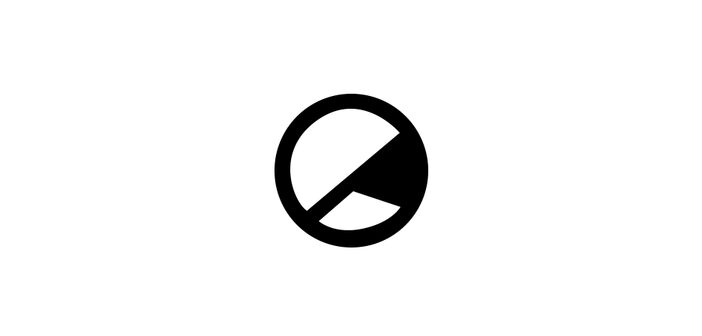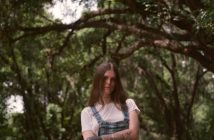Throughout many conflicts – social and warfare – songs and music videos have been censored to stop the exposure of content that may be too ‘dangerous’ for certain audiences. Sometimes these bans can be ridiculous, which is particularly true of the 1990s ban on ABBA’s ‘Waterloo’. Due to its connotations with armies and fighting, amidst the ongoing Gulf War, BBC deemed it inappropriate to play, despite few actually connecting this song to literal war.
The 1980s saw the beginning of the war on drugs campaign which seemed to attack minority groups, specifically in America. The ‘race wars’ as it is often referred to, is most stressed through hip-hop and rap, causing the banning of multiple rap songs. A key example of this censorship can be seen in the music created by N.W.A. Their hit tracks ‘Fuck Da Police’ and ‘Straight Outta Compton’ were both banned from radio and MTV, labelling them ‘The World’s Most Dangerous Group’. These were protest songs about the mistreatment of black Americans by law enforcement and society, and though the songs have dark content and violent lyrics, it only portrays the realities for black Americans. The banning of N.W.A’s music shows the controversial ways in which music is banned, as we are told we have the right of free speech, yet we are restricted in our portrayal of it.
This same theme of censorship is displayed throughout rock music as well, with music video for The Cranberries ‘Zombie’ (dir. Samuel Bayer) as a prime example. The BBC banned this video due to its troubling footage which included images of children holding guns. ‘Zombie’ was a response to an IRA bombing causing the death of two young children – The Cranberries were condemning the IRA. The music video showed real life footage of the struggles going on in Northern Ireland and the censorship of the video only takes away the message of the song. This opens up the question of whether we should be protected by such scenes because of the hurt they may cause, or if we should be able to see the brutal realities of real life.
Music censorship acts in many ways and its usual purpose is to protect listeners from language and/or visuals that could potentially be harmful. Though many negatives towards censorship have been mentioned there are some positives, as it can protect vulnerable people from accessing content that could influence their behaviours. However, as shown through The Cranberries ‘Zombie’, the uncensored version of music is still accessible for users, making censorship seem more of a way for radio stations and TV to control what we listen to. With a majority of political songs being censored/banned it creates an idea that maybe censorship is to stop our political thinking. Do you think music should be censored even during times of conflict, or is this simply a way of controlling what we see and hear during such times?




